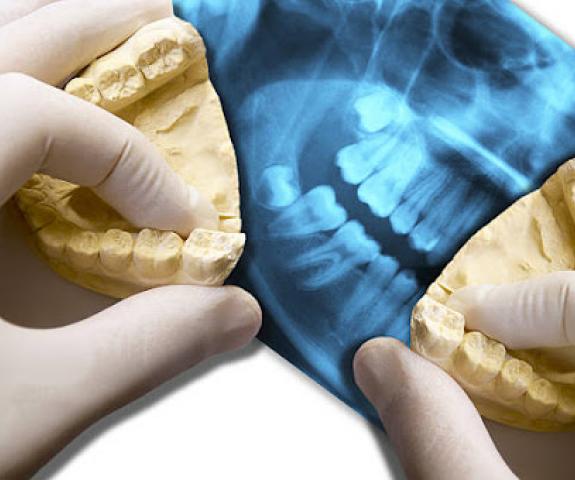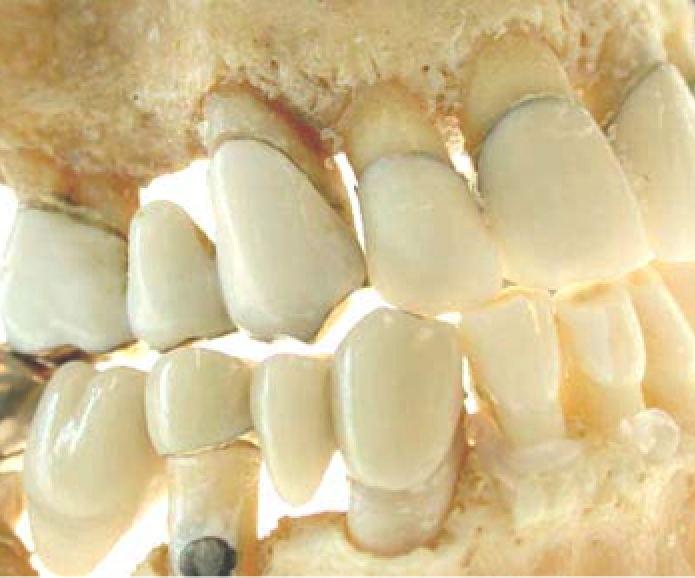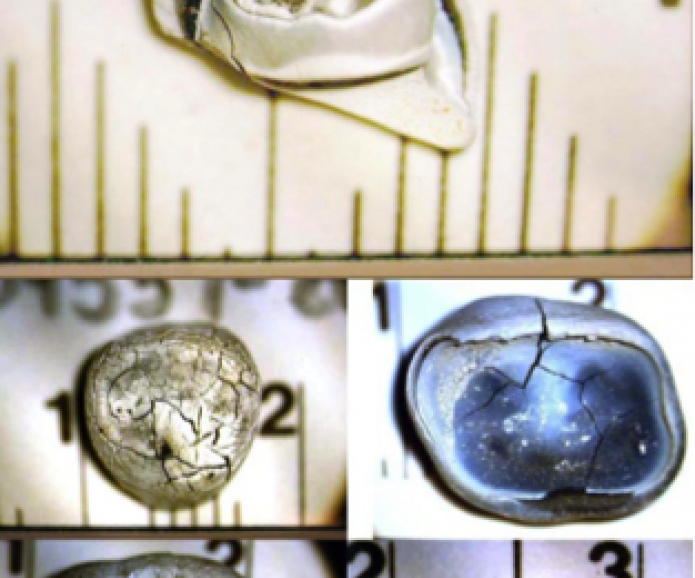
Careers in Odontology
Forensic dentistry (odontology) is a vital branch of forensic science that involves the application of dental knowledge, primarily for the identification of human remains. The forensic dentist's work includes the comparison of remains with dental records; the comparison with dental records; the evaluation of bitemarks (animal or human); the comparison with suspect dentitions; the aging of individuals by the dentition to determine chronological age both in the living and in the deceased; the evaluation of an individual's dental/oral injuries to resolve civil (compensation, etc.) or criminal matters (assault, etc.); and resolving dental malpractice or negligence issues. All of these areas involve evaluation, report writing, and/or court testimony.
Scope of Work
Forensic dentists deal with a range of medicolegal problems, but the most common issue addressed is identification of human remains. Often no fingerprints are on file or are destroyed by decomposition, fragmentation, or by fire. Natural disasters such as tsunamis, hurricanes, and volcanoes can involve an enormous number of deceased. Buried bodies may even need to be re-identified if caskets are washed out of the ground by flooding or avalanche.
The identification of an unknown or confirmation of an identity is performed at the request of the coroner or medical examiner. Another important area of forensic dentistry is bitemark analysis. Bitemarks can occur during a variety of human activity, including assault, domestic violence, rape, elder abuse, self-defense, sports, accidents, infanticide, or other homicide. DNA collection at autopsy or in the living is part of the bitemark protocol. Odontologists also evaluate, consult, and/or testify in civil litigation resolving malpractice, negligence, personal injury, immigration (aging issues), and workers' compensation cases.

Education and Training
A graduate dental education leading to the DDS (Doctor of Dental Surgery), DMD (Doctor of Dental Medicine), or equivalent degree is a basic requirement. Some dental schools may offer electives or other continuing education courses in forensic dentistry. The AAFS offers annual forensic dental programs in the form of workshops, presentations, and poster sessions. The AAFS-affiliated FSAB (Forensic Specialties Accreditation Board) and the recognized certifying body, the American Board of Forensic Odontology (www.ABFO.org), have a certification program in forensic dentistry that is based upon a candidate's personal and professional record of education, training, experience, and achievement as well as the results of a formal examination.

Career Opportunities
There are opportunities for a forensic odontologist to have a formal appointment or consulting relationship with a coroner, medical examiner, state and/or local government agencies, the police and/or military services, and the insurance industry. Insurance companies, legal firms, hospitals, and child/senior protection agencies often seek additional private consultations. Reimbursement is usually on a fee-for-service or contractual basis.
Disciplines of Forensic Science
The AAFS is composed of more than 6,000 scientists organized into 12 sections representing the different areas of interest, activity, education, and expertise of individual members.
Begin Your Journey
How can you get closer to the forensic science community, and do your part in advancing the industry?